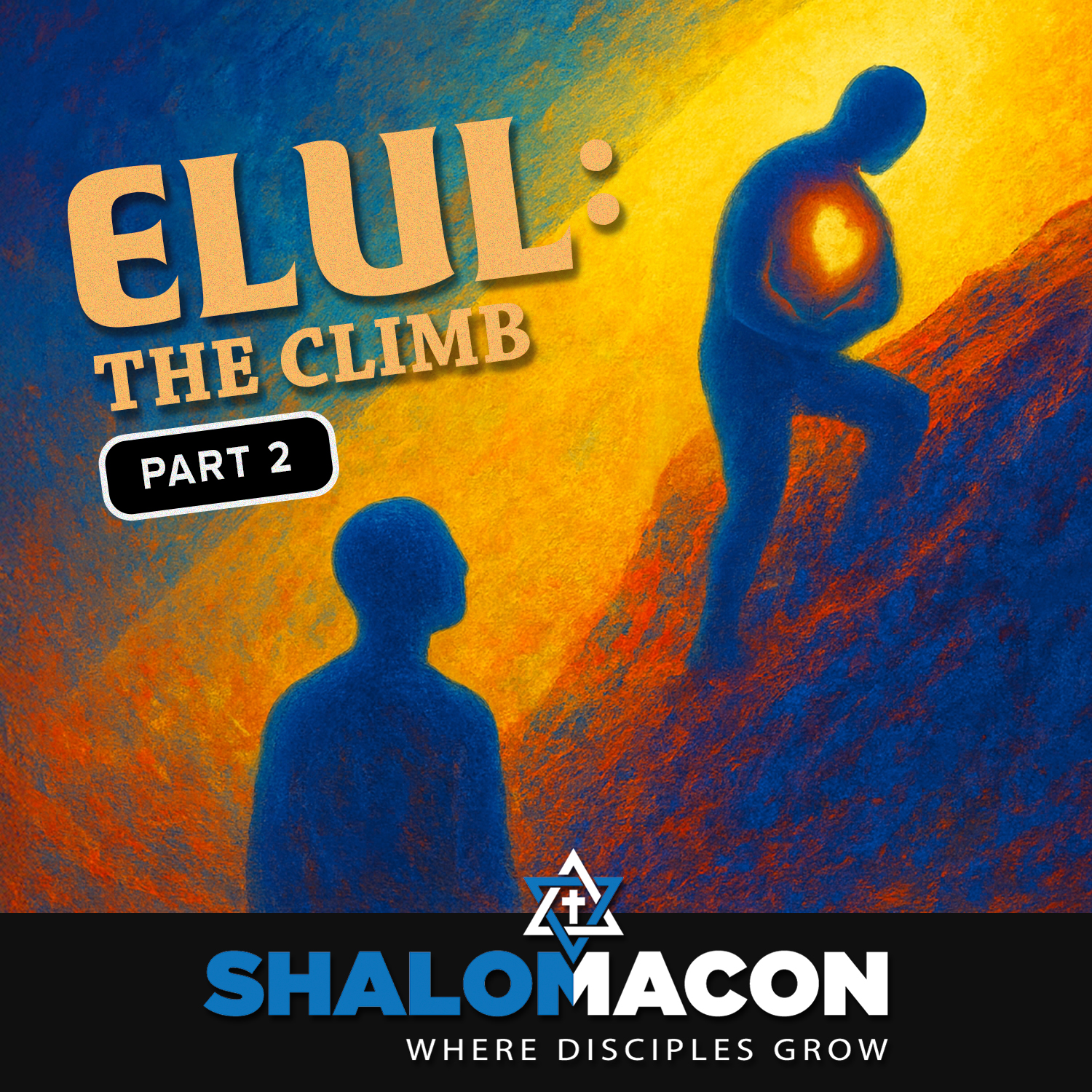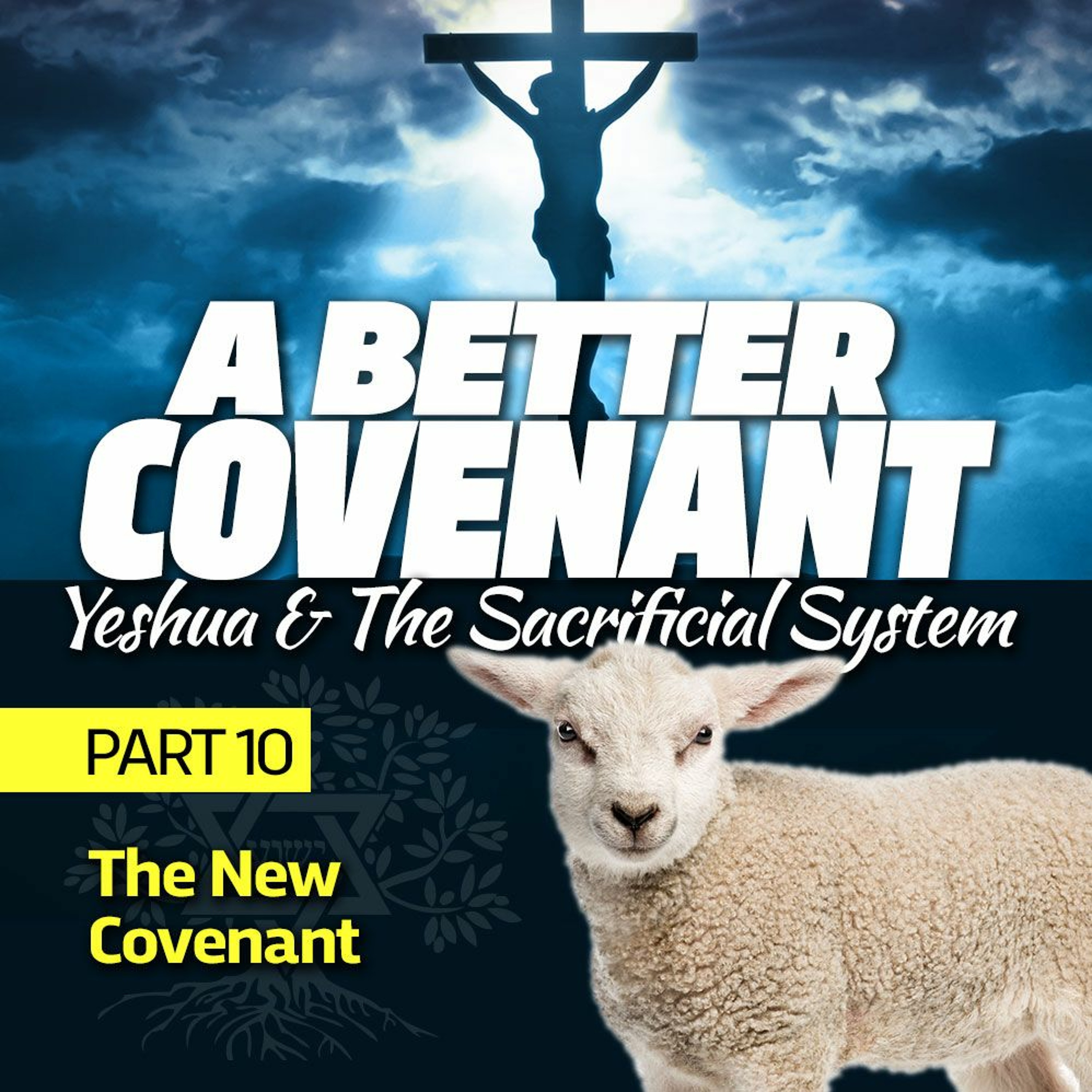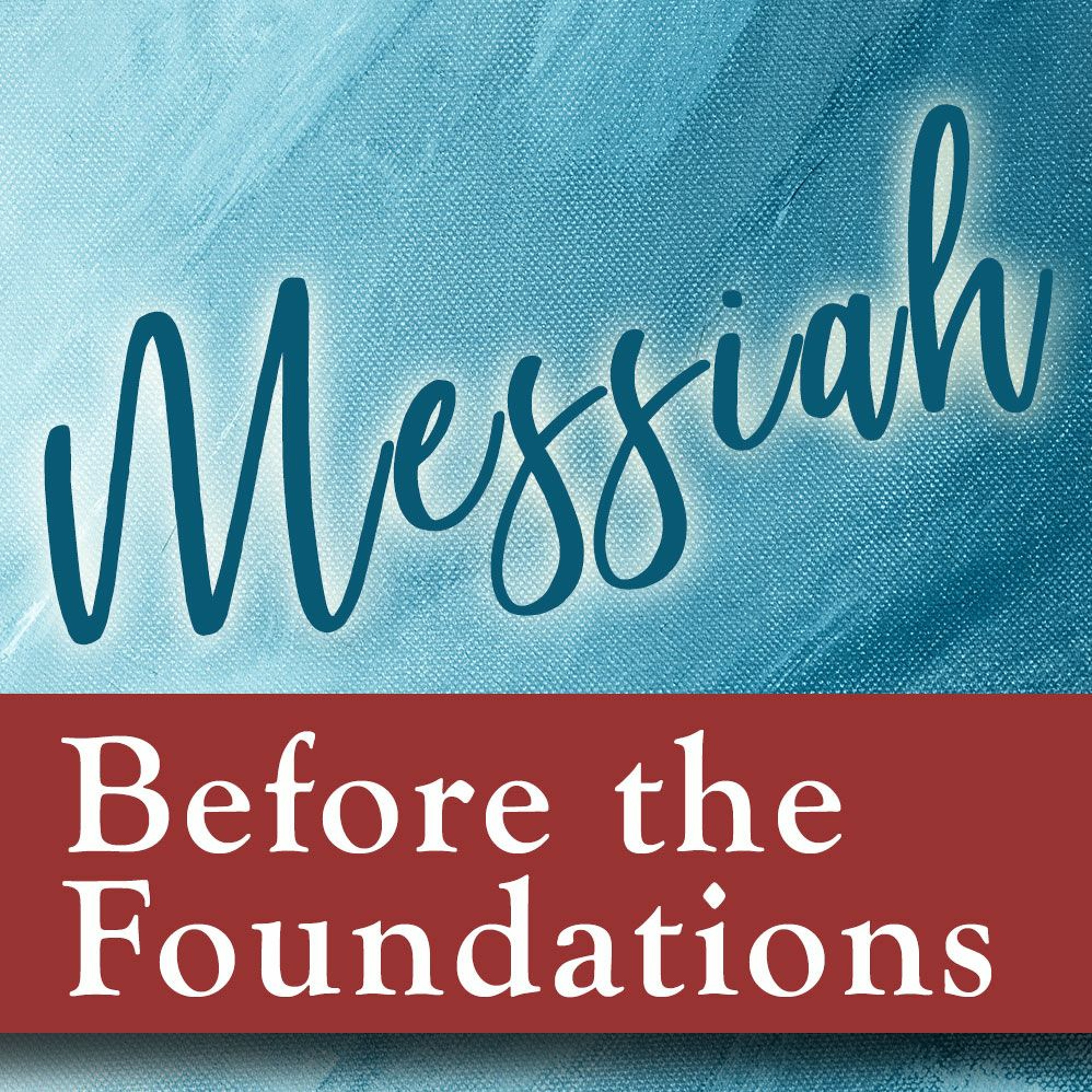[00:00:00] Speaker A: I really wish people would just leave me alone. I have my relationship with God, and you have yours. It's my life. What I do doesn't affect you. Have you ever heard something similar to this? Maybe you've even said it. But is it true? Or is it simply a way to dodge responsibility? Do our individual actions, even our hidden sins, affect those around us? Let's talk about it in this week's five minute tour.
Welcome back to another episode of the five minute Torah. This week we are wrapping up the Book of numbers with a double portion of metot Maseh numbers 33, 136 13. And here are the three things that you need to know about it. Number one, vows and oaths, and a father's responsibility. The portion of Matot begins with the topic of vows and oaths. It discusses the law surrounding vows made by individuals, emphasizing the seriousness of fulfilling one's commitments to God. It also addresses the authority of a husband or father to annul a vow made by his wife or daughter, but not flippantly. The reason he is given this authority is because he is responsible for the welfare of his family, and the power of veto is used to protect his wife or daughter from rashly spoken words that may have unforeseen long term consequences. This topic highlights the significance of personal integrity, the weight of ones spoken words, and the importance of honoring vows and oaths. Two war against media and divine retribution God commands the Israelites to wage war against the Midianites as retribution for leading Israel into idolatry and immorality. At peor, Moses mobilizes a force of 12,000 men, 1000 from each tribe. Led by Pinchas the priest, the Israelites defeat the Midianites, killing all the men, including the five kings of Midian and Bilaam. They capture women, children, livestock, and goods as the spoils of war. Moses instructs the soldiers to purify themselves and the captives and to divide the spoils according to gods guidelines. This war underscores themes of divine justice, the importance of purity, and the consequences of leading Israel into sin, reinforcing the need for obedience to gods commandments and number three, boundaries of the land and territorial divisions. The Portia Maase also discusses the division of the promised land according to the tribes of Israel. It outlines the borders and allocations of territory for each tribe, ensuring that the land is distributed fairly and proportionally among the tribes. Land, inheritance, tribal identity, and the importance of preserving the ancestral heritage of each tribe are some of the important themes found in this section of our tour portion. If you're looking for a place to learn, connect and grow, then Shalom Macon is the place. It doesn't matter where you are in the world. You can find a connection with Shalom Macon through our live services every Saturday and through our private social network we call Shalom at home. Check us out on YouTube and on our
[email protected], for more information. We look forward to connecting with you and seeing you this Shabbat. This week's Torah commentary is called the butterfly effect and it comes from my book five minute Torah, volume two. When the children of Israel were about to cross the Jordan and conquer Canaan, the tribes of God, Reuben and the half tribe of Manasseh petitioned Moses to remain on the east side of the Jordan so that they could begin settling into their inheritance rather than continue the conquest. Along with the other tribes, they found what they desired, land fitting for their cattle, and wanted to settle down. They wanted to finally start putting down some roots after 40 years of living a nomadic life. But their plan wasn't in alignment with God's plan. What was so bad about their proposition? We find out in a rebuke from Moses. Why will you discourage the heart of the people of Israel from going over into the land that the Lord has given them? Your fathers did this when I sent them from Kadesh Barnea to see the land. And behold, you have risen in your father's place, brood of sinful men to increase still more the fierce anger of the Lord against Israel. For if you turn away from following him, he will again abandon them in the wilderness and you will destroy all this people. This is from numbers 32 7814 15. To the modern reader, Moses sounds like he's making a big deal out of nothing, but maybe more is going on here than we realize. You've probably heard about the butterfly effect. Its a scientific theory that speculates that the flapping wings of a single butterfly in one part of the world have the power to affect the weather in another part of the world. Over time. In other words, a seemingly small and trivial action has the potential to cause astronomical and often unanticipated results. Midrash Rabah Leviticus Rabah 46 has a story where a small boat with a few passengers takes off across a lake. Once they are in the middle of the lake, one of the passengers takes out a hand drill and begins drilling a hole below his seat. Immediately the other passengers chastise him for his foolish actions, but he objects. What does this concern you if I drill beneath my seat? Although the ramifications of the person drilling the hole in the boat are immediately evident. The point of this dramatic story is the same as what is going on in our tour portion. Remember, the children of Israel had been sentenced to 40 years of wandering through the wilderness so that an entire generation would be eradicated simply because they slandered the promised land and refused to enter it. Now these tribes appeared to be separating themselves from the brothers and yet once again refusing to cross over the Jordan in order to conquer the land promised to them. Although they didn't intend on harming the brothers, their actions nonetheless had the potential to hurt them. The other tribes were looking on them as an example and they were about to let them down. Once Moses corrected this confederacy of the two and a half tribes, he gave them a stern warning that things would not bode well for them if they didn't live up to their obligations. He then gives them the famous quote, but if you will not do so, behold, you have sinned against the Lord and be sure your sin will find you out. This is numbers 32 23 but what does it mean? Your sin will find you out? It means that our choices and our actions are never isolated events. They will always produce ripples in the pond that will rock another persons boat. Its a reminder of the butterfly effect. One persons actions have the potential to significantly impact another person, whether they intend on doing so or not. In other words, my choices affect more than just me. Even though the choice of these tribes seemed innocent, subsequent actions had the potential to nearly decimate an entire nation. Most of Christianity emphasizes having a personal relationship with the Lord. But even though we may have a personal relationship, our relationship is not merely personal. We often fail to recognize that our actions affect others, whether we actually know about them or not. Judaism realizes this and emphasizes the communal aspect of faith in action. What we do individually, even privately, has the potential to affect others. It's a flap of the wing or a ripple of the water, just like the tribes of Gad, Reuben and Manasseh. Our faithfulness or unfaithfulness isn't just a private matter. It can make or break others, particularly those who are dependent upon us or who are looking to us for leadership. Let's remember to make every action intentional so that the kingdom is built up through us rather than damaged bias. Have you ever thought about how your actions, done in secret, affect the rest of the body of Messiah? How does knowing this change things for you? Or does it? I would love to hear from you. Leave me a message in the comments below. If you want to understand Paul, particularly his letter to the Romans, then you need to check out our new series called repaving the Romans road. It's a study of the book of Romans from a messianic jewish perspective, and it's guaranteed to change the way you read Romans. You can check it out using the link above or at the end of this video. I'll see you next week for another messianic insight into the eternal Torah of God. Blessings from Shalom Akin, the place where disciples of Yeshua learn, connect, and grow.
[00:08:22] Speaker B: Please visit our website, shalomakin.org, to learn more about us. Join our live services, access other teachings, sign up for our newsletter, join our private network that will connect you with our greater community from around the world, or contribute to the work of Shalom Macon thank you for watching and we look forward to connecting with.



